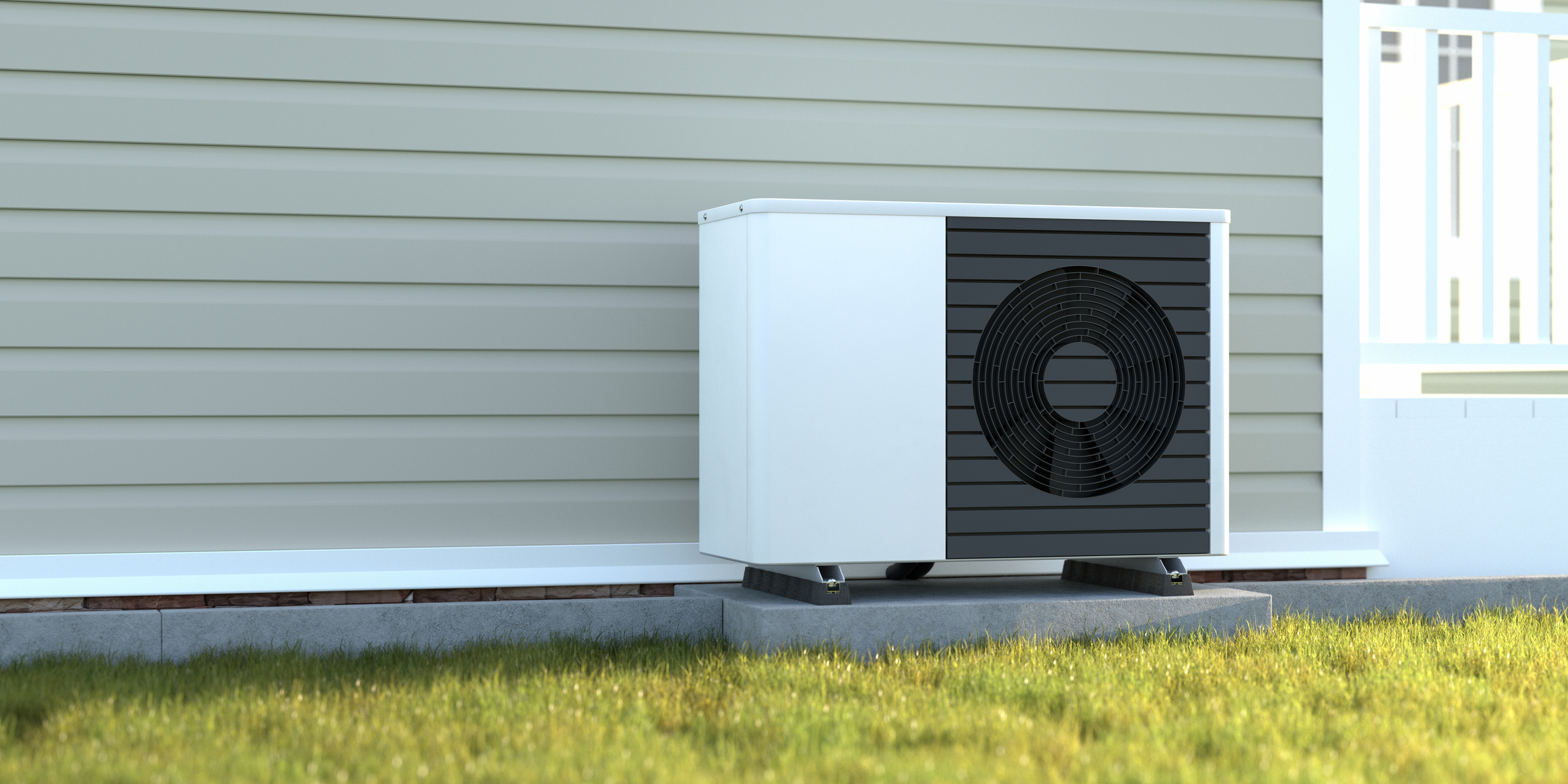What Is A Heat Pump And How Does It Work
While southern Ontario is known for its warm summers, during the winters, snow, wind, hail, and other forms of unpleasant weather are known to blanket neighbourhoods from Barrie to Owen Sound and beyond. This is why having a home heating system you can rely on is essential for any homeowner. Luckily, if you're looking for an energy-efficient way to heat and cool your home, a heat pump might be a good option for you and your unique needs. But what is a heat pump, and how does it work?
The team at ClimateAir is here to give you the inside scoop on all things related to heat pumps, so you can get a better idea about whether installing one in your home would be worthwhile. Therefore, if you want to learn more about heat pumps and how they operate, keep reading!
What is a heat pump?
A heat pump is a type of HVAC (heating, ventilation, air conditioning) machine that moves heat from one location to another. Depending on the temperature you want indoors, it can be implemented to either heat or cool it. A heat pump operates by transferring heat from the air outside of your home to the inside using a refrigerant liquid. Throughout the summer, the heat pump moves heat from the interior of your house to the outdoor air, effectively cooling your space for you and your family to enjoy.
One of the benefits of heat pumps is that they use less energy than traditional cooling and heating systems. This is due to the fact that they cannot produce heat or cool air; instead, they simply transport it from one location to a different one. This means they use less power and can help you save money on your utility bills. Heat pumps have grown increasingly popular as more and more individuals seek ways to lower their energy consumption and live more environmentally conscious.
What types of heat pumps are available?
Heat pumps aren't a one-size-fits-all solution. In fact, heat pumps can come in all different shapes, sizes, types, and capacities. Here is a closer look at some of the heat pumps that are available:
1. Air-source heat pump: Heat pumps that transfer heat between the inside of a house and the outside air are known as air-source heat pumps. They are the most common kind of heat pump and are exceptionally energy-saving.
2. Ductless mini-split: Ductless mini-split heat pumps are comparable to air-source heat pumps in that they do not need a duct system. They are an excellent choice for homes without ductwork or for separate spaces that require extra heating or cooling.
3. Hybrid heat pumps: Hybrid heat pumps incorporate a conventional heating system, like a gas furnace, with a heat pump. They are an excellent choice for areas with frigid temperatures because they are capable of switching between the two systems based on the outside temperature.
Overall, there are numerous heat pumps available to meet a variety of wants and requirements for homeowners living in Barrie and surrounding areas. Whether you want to replace an existing heating system or install a new one, rest assured that there's a heat pump that will perform effectively for your residence.
How much electricity are heat pumps going to use?
The total amount of electricity used by a heat pump may fluctuate depending on a number of factors, including the dimensions and kind of unit, as well as how frequently it is used. However, heat pumps are generally thought to be very energy efficient, using up to 50% less electrical power than conventional HVAC units.
Keep in mind that heat pumps need electrical power to run because they use a blower to circulate air and a device called a compressor to move heat. Nevertheless, the total amount of electricity they consume is typically much lower than that needed in order to produce heated or cooled air from scratch, as is the case with conventional air conditioning and heating systems.
Furthermore, some heat pumps are engineered to be even more energy efficient than others. A ductless mini-split heat pump, for example, can be an excellent choice for homes that only require heating or cooling in specific areas because it does not require ductwork and can provide more precise temperature regulation. It’s also important to keep in mind that in order to make sure your home’s heat pump remains as energy efficient as possible, you will need to schedule an annual maintenance appointment with a professional HVAC technician who will help you prevent premature wear and tear, and ensure there are no undiagnosed problems within your unit that may be costing you more money each month.
What is the average lifespan of a heat pump?
The average life expectancy of a heat pump may differ based on a number of factors, including how frequently it is being utilized and how properly it is maintained. A well-kept heat pump, on the other hand, can last anywhere from 15 to 20 years.
That being said, there are a few things you can do to help your heat pump last longer. For example, you should have it serviced on a regular basis by an experienced technician in order to guarantee that it operates efficiently and that any possible problems are identified before they develop into significant issues. We recommend booking a minimum of one appointment a year. It would also be beneficial to you to keep the area around your heat pump's exterior compartment clear of any debris. This will allow the heat pump to operate efficiently without disruptions that can lead to a decrease in its energy efficiency.
Do you want to learn more about whether a heat pump would be a right fit for your home in Barrie or the surrounding neighbourhoods? If so, reach out to the team at ClimateAir to schedule a consultation appointment with a home comfort advisor today!



